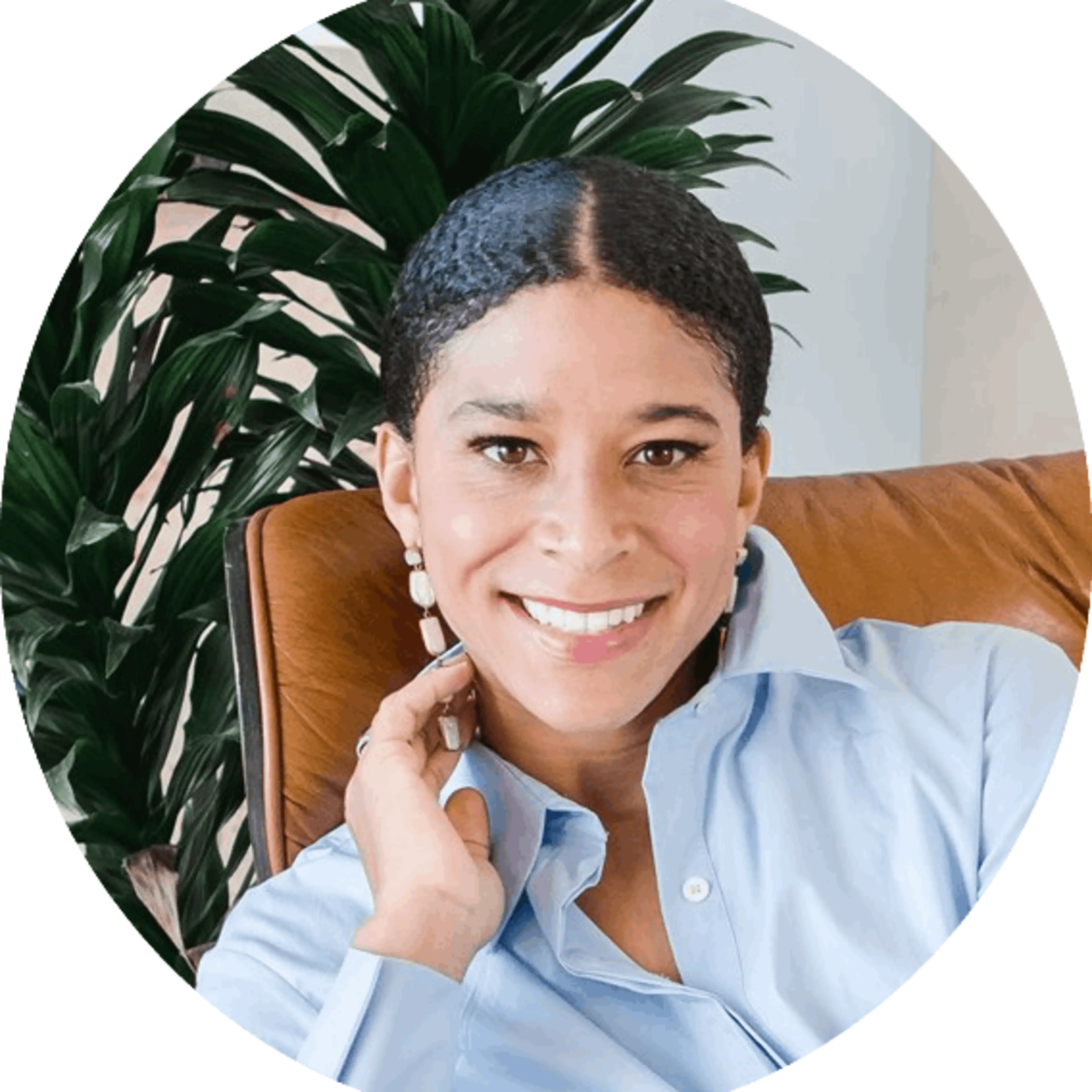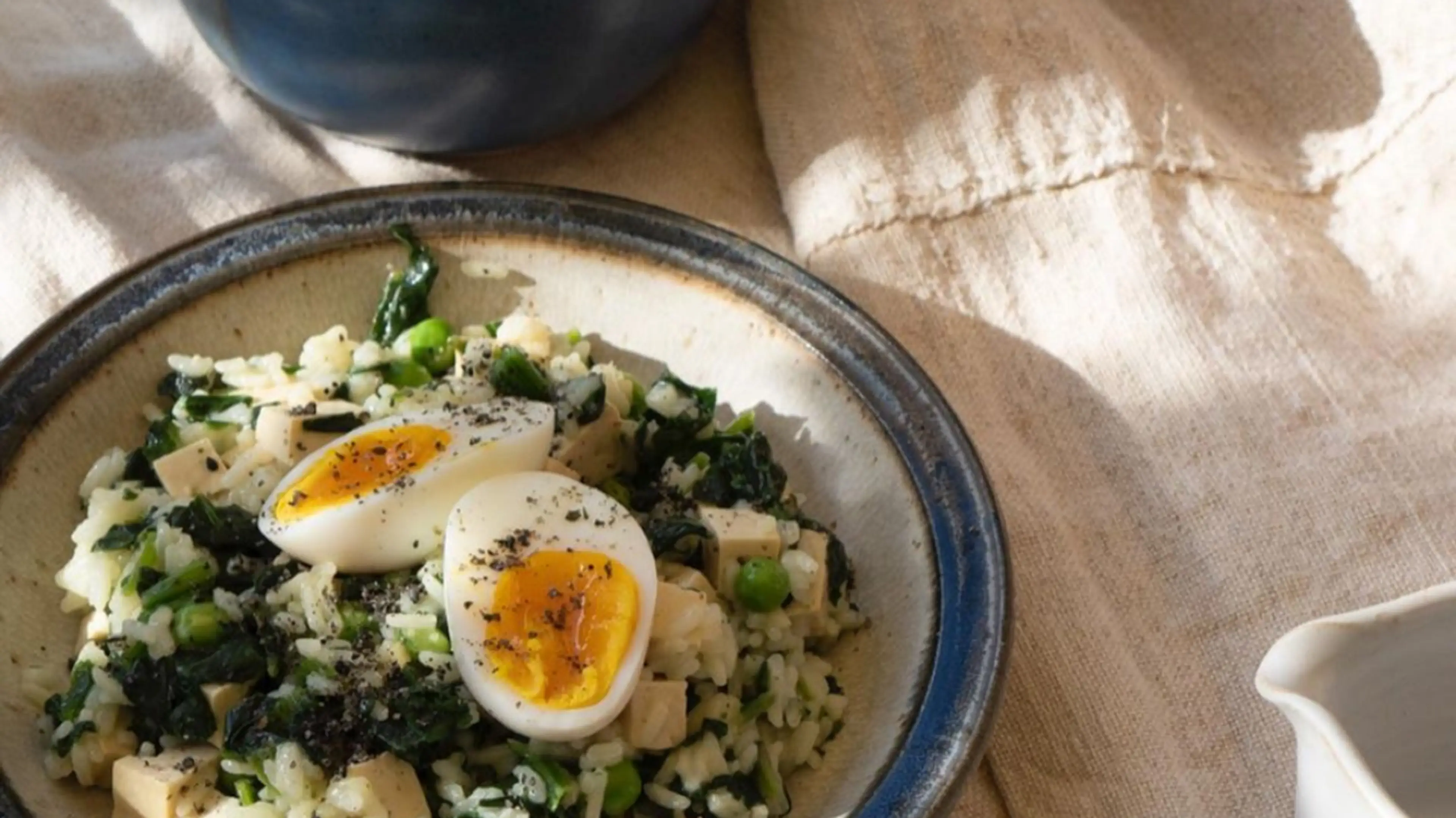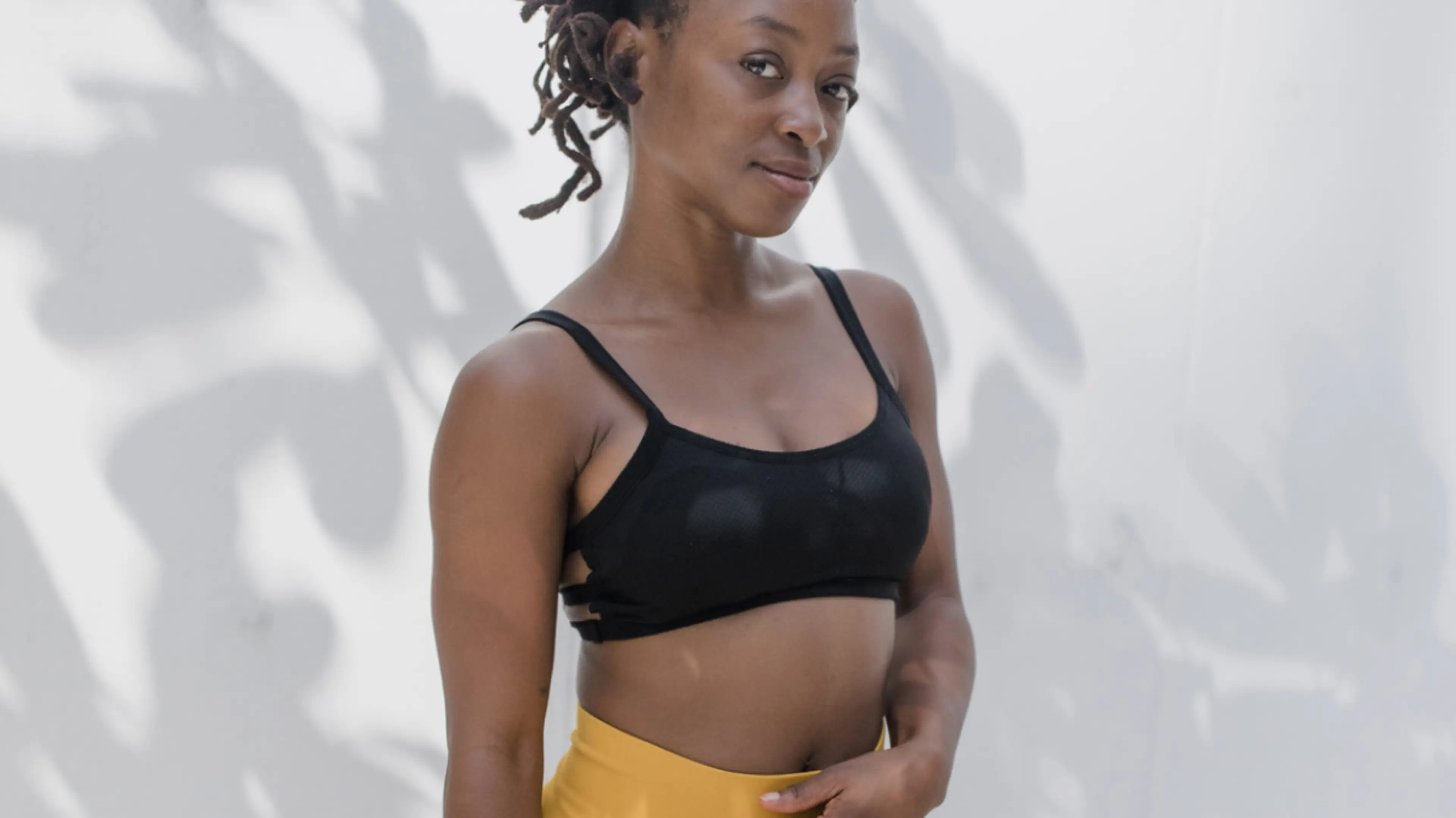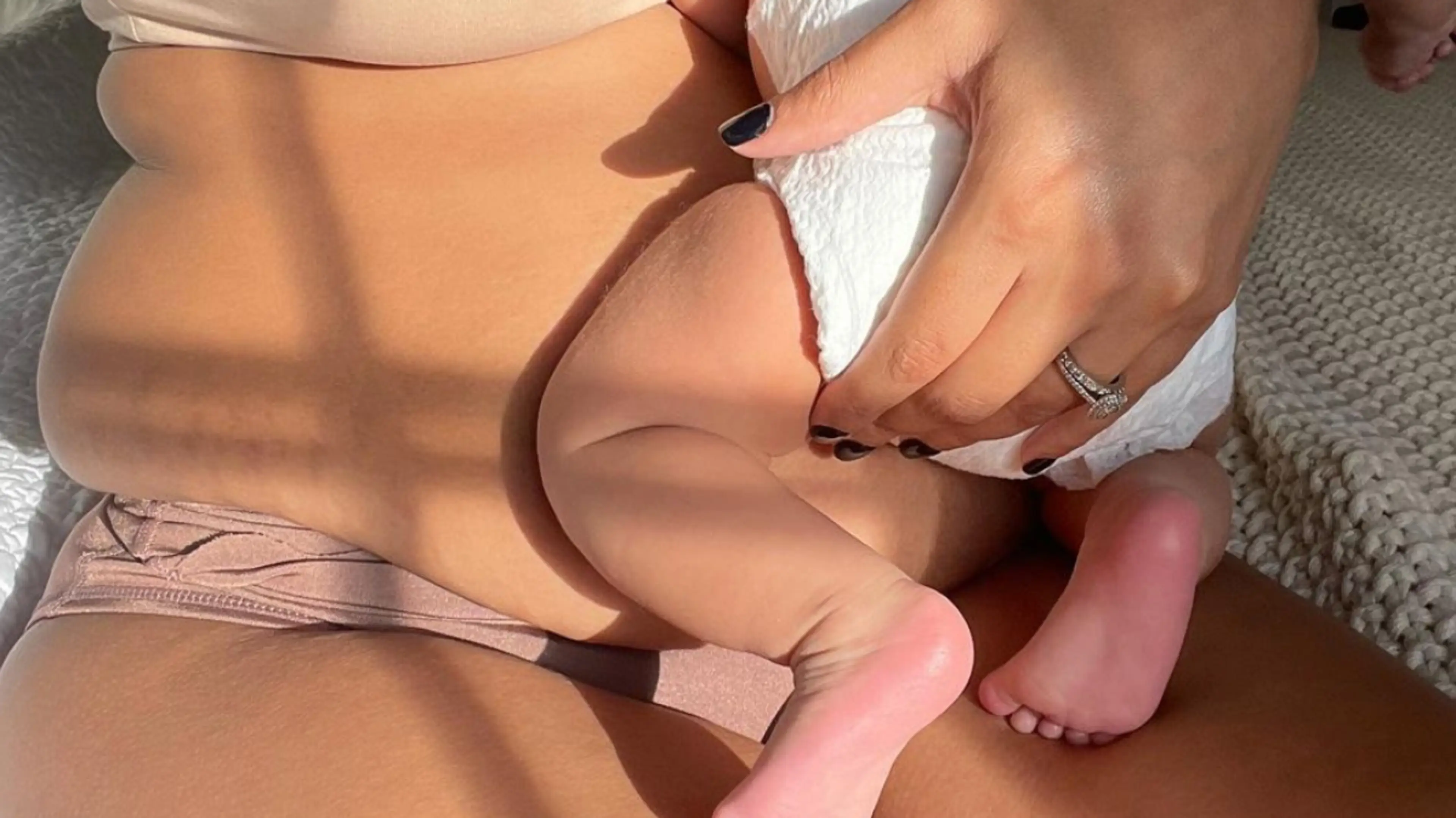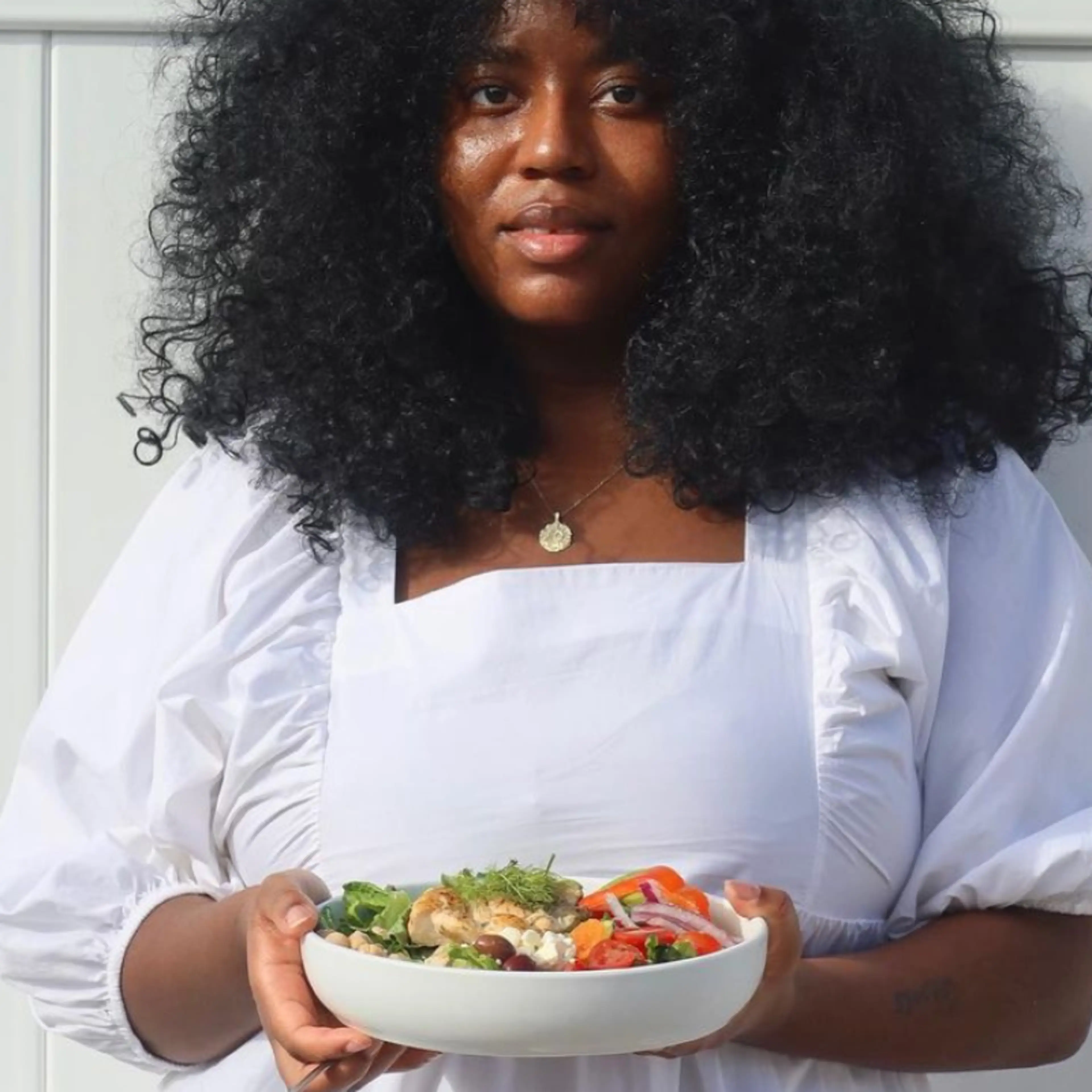TLDR: Author Amy Henderson, the expert on working parenthood, talks about the epic shift that new parents feel when going back to work—and how they can become even stronger employees.
I strongly believe that being a parent makes you a better working professional. But that’s based on my personal experience.
I’ve worked incredibly hard my entire professional career—not unlike all the other hustling women out there. And then I had a baby and wondered how I could ever keep that same level of hustle with fewer hours at the office, fewer hours of sleep every night, and so many new worries. How was I going to juggle professional-me with mom-me?
But something surprising happened. I discovered firsthand that being a parent can actually make you a more valuable employee to your company. In fact, since returning to work after having a child, I co-founded Expectful, a company that’s devoted to helping women facing similar identity struggles find mindfulness and full-body wellness through evidence-based content.
Beyond my anecdotal experience, there is actual research and other real life stories confirming this idea that moms make great employees1 . That’s according to the smart, curious, insightful Amy Henderson2 .
I had the honor of sitting down with the acclaimed author, entrepreneur, and mom herself to talk about this phenomenon. She wrote a book entitled Tending: Parenthood and the Future of Work3 and interviewed hundreds of parents on the identity shift we face in the transition into working moms and dads. We discuss her findings, advice, and inspiring observations around the idea that everyone—employers and parents themselves—should have more astute trust, genuine care, and clear recognition that parents can be hyper-productive, empathetic doers.
Here are the highlights from that interview. (For the full interview, listen here.)
Expectful: So Amy, would you mind telling us about yourself, your family and what inspired you to write this incredible book about new parents returning to work?
Amy Henderson: I’m a movement builder by background, and I was running an organization I’d co-founded with Van Jones and Prince when I accidentally got pregnant with my third and had three kids under the age of four. It was a lot. And thank God I’m a meditator, because it really was a big part of my sanity having that practice. But what I found when I started interviewing working moms and dads, and considering my own experience, was that almost every single one of them felt as though they were regularly failing, either at work or at home, or both.
But the second thing that happened when I had these conversations was that once we had been honest about how much we felt we were failing, we were able to recognize that parenthood, possibly more than anything else, was forcing us to evolve and grow in ways that were making us better humans in all areas of our lives, particularly in our careers.
Expectful: What findings do you have that speak to those challenges as a new working parent, and what happens on a neurological level?
AH: I did about 237 interviews with working moms and working dads, and I sat down with several neuroscientists who have been studying the impact of parenting on the brains of both men and women. The belief is that the greatest potential for plasticity in the adult human brain is in the year surrounding the birth of one’s child.
And when you look deeper into the research, you see that those neurological changes that occur are likely to last a lifetime. And that if a parent gets the support they need, incredibly valuable skills can be unlocked.
Expectful: So given all of your research and the conversations that you’ve had with so many parents, do you have advice for new moms or new parents who find themselves needing to advocate for themselves or create these new boundaries around their work-life balance?
AH: The best thing is to find a peer group that allows you to advocate for yourself in a community so you’re not alone, because we are stronger in a group than we are as individuals. And if you’re in an environment that doesn’t allow you to own those skills, and own that development, then find one that will, to the best of your ability.
And if you can’t find it right now in the moment, because you’re just trying to keep your head above water—which is a very real thing for a lot of working moms right now—know that this time will pass. And when you get through it, you can look back and reflect and own the gifts that you’ve earned during the very real challenges you’ve faced.
Expectful: That’s why I left the corporate world to come to Expectful—to help women and parents develop these skills of self-care, including as they return to work. And so I think that that really transitions well into my next question for you, Amy. With our children’s needs and schedules changing every few months, how can parents stay in touch with their own changing needs and responsibilities?
AH: Life’s boot camp, right? This first year of a child’s life, which is incredibly disruptive, disorienting, and identity shaking—it strips you down to the studs. If you imagine it as if you’re Humpty Dumpty, shattering all your pieces, this year is an incredible gift that allows you to put your pieces back together again. And in the process of coming back to yourself, you get to have some agency, some control over which pieces you chose to bring back into yourself. And that’s the gift of that year. You get to really look at yourself, and at many of the things that had previously been, and you get to choose who you become in the wake of the experience. And if you can hold that bigger perspective, I find it to be really powerful.
Expectful: Who is the right audience for this book?
AH: I wrote this book for moms and dads of all genders to see that they were not alone, and to recognize the depths to which parenthood takes us. The highs that parenthood offers us are important. They matter, but they’re not visible in our culture. We don’t give voice to it in a way that it needs to be seen and valued. Nobody is talking about these extreme highs and lows, and how much they rock us.
And my whole point is how valuable they are. If somebody had reframed it for me in my introduction to parenthood, saying, “This is going to strip you down to your studs, but it’s going to give you an opportunity to remake yourself in a more authentic and potent version of who you were before,” then it would have been an entirely different experience. We don’t do that in our culture. And so I wrote this so that people could recognize the journey as a gift that they could more meaningfully meet.
